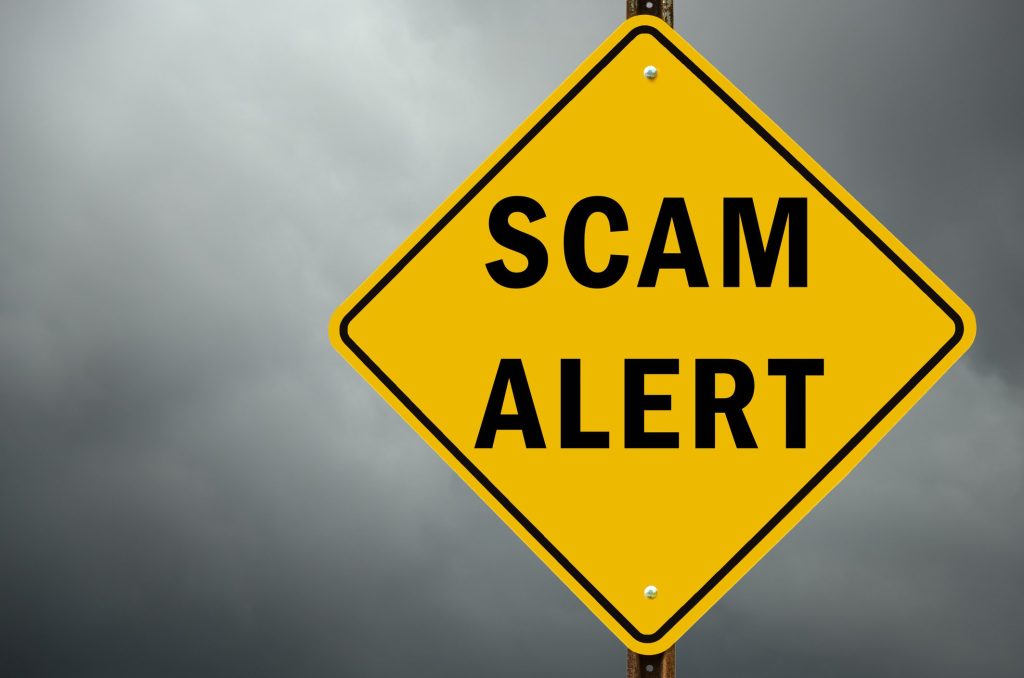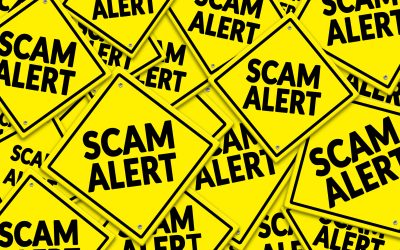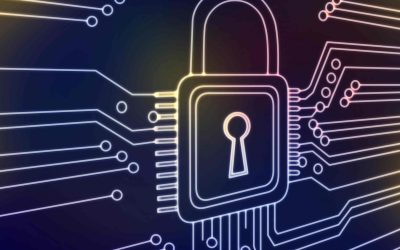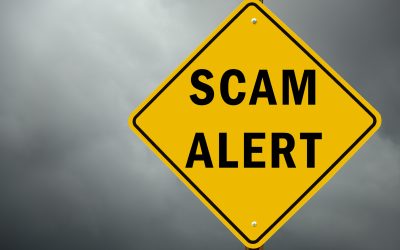
During a time when many people are searching for information about the coronavirus, scams are proliferating. Fraud related to the stimulus checks, malicious websites and products, and fake charities are popping up more frequently, so you should know what to look for. Here are three common coronavirus scams.
Stimulus Check Scams
The government has sent out stimulus checks to millions of Americans, and there has been some confusion as to how they are distributed. Scammers may call individuals pretending to be the government and ask for bank account information so they can send payment. If you filled out a 2018 or 2019 tax return, the government does not need any additional information on where to send the money. If the IRS doesn’t have your bank account information, it will send a check in the mail to your last known address. Keep in mind that in general, the government won’t contact you or ask you to verify any information by phone or email.
Fraudulent Websites and Products
There may be many fake COVID-19 information websites that prompt you to download information that contains malicious software meant to steal personal information. They may claim to have exclusive information from the CDC or WHO, or that they have the latest news about the virus. Be wary of websites claiming to have access to home COVID-19 test kits or experimental treatments. Fraudulent websites may also claim to sell hard-to-find supplies like hand sanitizers and face masks, so do some research before you buy any supplies online.
Fake Charities
While there are many charitable organizations out there asking for donations to help with coronavirus relief efforts and their regular work, there are also scammers posing as charities. Fake charities may have names that sound similar to a real charity. It’s usually best to follow donation instructions on a charity’s website, and not follow information from a random phone call or email. And always research and check to see if a charitable organization is on the IRS Tax-Exempt Organization Search Tool.
Taking measures to protect yourself and be on the lookout for scams is essential during this time. If you’re working from home or spending more time online, know these tips for staying cyber-secure when working from home. If you can’t come into our office but would like to request a virtual complimentary review, give us a call or sign up online. We’re available to answer questions and provide more information.



